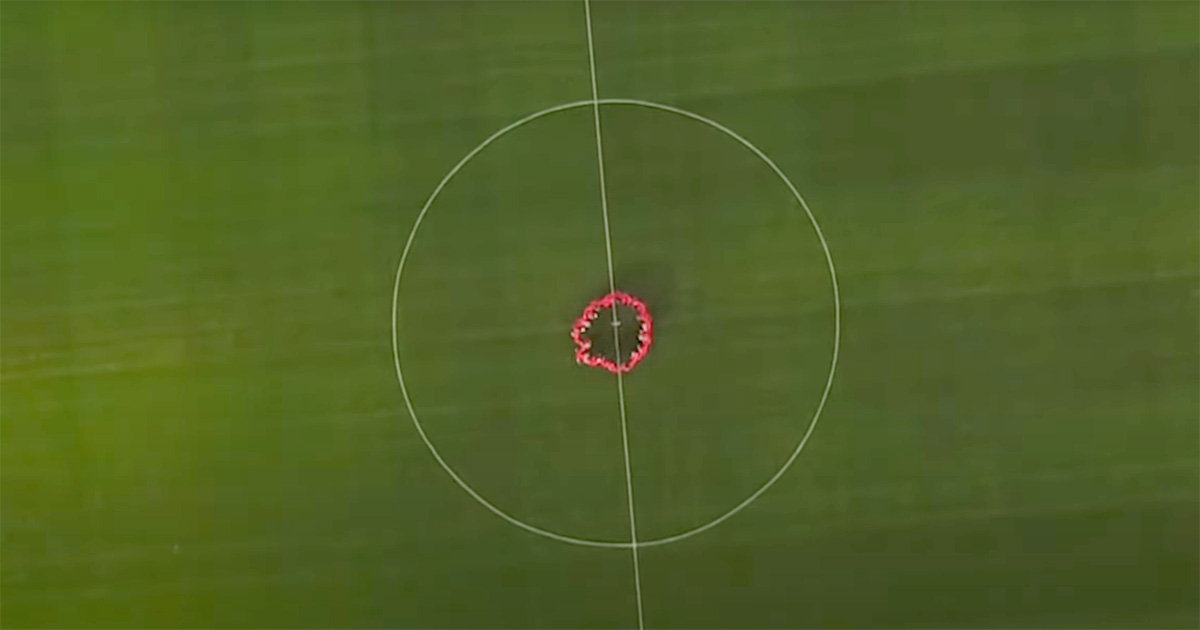In this era of companies letting staff go impersonally by SMS or email, it's hard to find arguments to support the virtue of belonging to the brand.
Why should you pour your heart and soul into a business if the owner is unlikely to value your loyalty, dropping you at a moment's notice to suit their needs with no sense of sacrifice to hold things together?
These questions are not only ripe for business. In this era of humans-glued-to-smartphone relationships, it's quite likely that less and less value is put on the virtue of putting the "glittering world" aside to dedicate yourself to the person in front of you.
For writers like Owen Eastwood, one step towards bridging these gaps between humans is to look for the common thread that holds us together.
Owen is a UK-based New Zealander of Māori descent who works with some of the world’s leading athletes, sporting teams, business leaders, entrepreneurs and performing artists.
I read his book, Belonging, over summer, and have been quite taken by his reference to Whakapapa, an important Māori concept that gives people a sense of belonging by noting every individual's connection to each other, from today to one's ancestors, and from today to those who will come after us.
How does Whakapapa apply to business and our lives as people working together in businesses?
Owen explains Whakapapa (pronounced Faka-papa) as a Māori idea which embodies our universal human need to belong. It represents a powerful spiritual belief - that each of us is part of an unbroken and unbreakable chain of people who share a sacred identity and culture.
This short video trailer for his book, captures the essence of the idea.
Of course, it's hard to rouse up a sense of everlasting importance if you run pool heating business or a local cafe.
Or so I thought.
In a sport or corporate setting, Owen describes how Whakapapa stretches back to the origin of a team or business, but in a family, its involves our whole life.
For me, the moment when I understood the power of the concept in "everyday business" is when Owen revealed a story about working with the Command Group of NATO, four powerful, Alpha-type senior military people who gather a few times each year to discuss strategy.
Owen got each of them, in turn, to recount the story of how they got to be in their role today.
What followed was fascinating. The other commanders got a deeper, personal sense of each person's origin story and formation influences, and they were able to see some similarities and some differences.
The result was that greater intimacy and trust became possible, along with deeper respect.
Should we try to kindle a sense of belonging to the brand?
I think the short answer is yes.
I'm not sure it can work en masse with hundreds or thousands of people, but in small pockets of humans it is surely worth experimenting with.
However, wouldn't you want to have a deeper sense of trust and respect for the people you spend so much time with?
David Olney and I are experimenting with forming a small, invitation-only community of people from within the Talked About Marketing world, and the principles of Whakapapa will be central.
What I am keen to explore is whether busy adults in 2023, can adapt to slowing down, listening, and earnestly sharing, ultimately crafting a strong bond.
In Owen's story, having lost his father at age 5, a letter written to his Māori community yielded a life-changing sense of acceptance. Here's how it was summarised in a University of Auckland article earlier this year:
Aged 12, at the urging of his paternal grandmother, Owen contacted the tribe after being left adrift from his heritage by the death of his Māori father. He died when Owen was five, leaving Owen and his three siblings to be raised by their mother. When Owen wrote to Ngāi Tahu asking the question, “What do you know about who I am?”, the answer, in short, was “You belong”.
I'm not expecting our business community to have as profound an impact as connecting with one's culture, but don't you think it is worth trying to find a "tribe" that will enthuse your curiosity and energy for making your daily work more meaningful and rewarding?
Of particular interest is whether or not we can develop what Owen refers to as a Kiwi "bias towards 'we' over 'me'" in our group.
It's going to be quite a journey. I hope this short reflection is useful to you on your journey in business and life.

